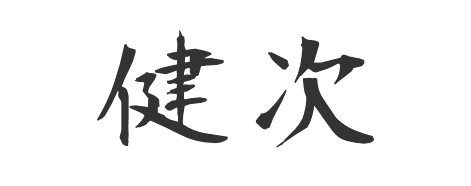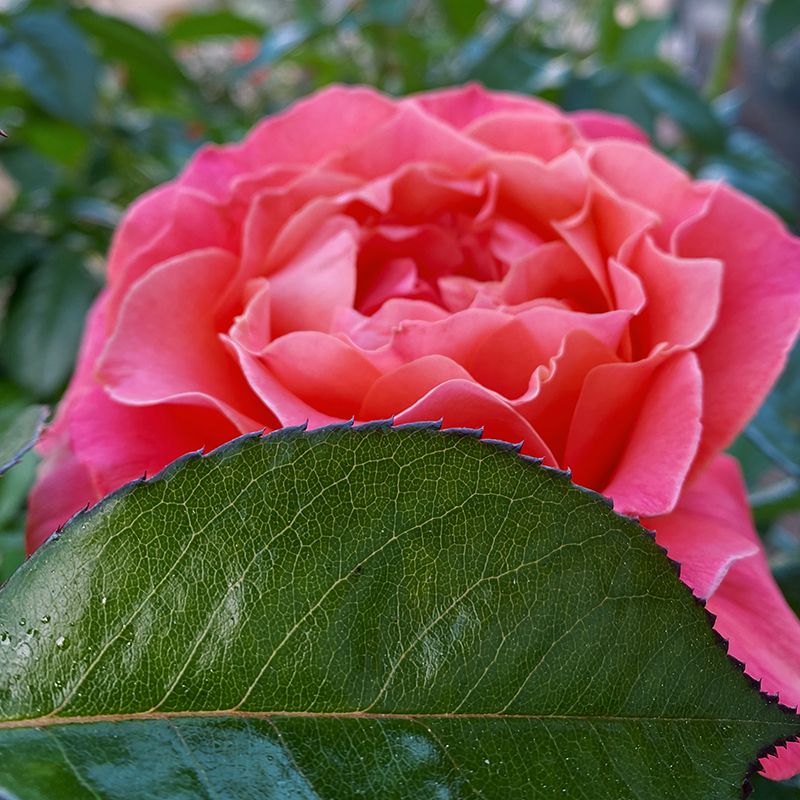Searching for Meaning
Last night, after it had already ceased being last night and was on into today, instead of going to sleep I stayed up looking up different kanji for my name. This wasn't, perhaps, the wisest use of my time at that moment as I am now at the point of mild sleep deprivation where I have turned into a living Magnetic Fields song.
I should probably back up a little bit. I've been thinking a lot about my name recently. Partly that's because of a Twitter trend that started a few weeks ago where Asian Americans began including their native names in their profiles as a show of pride and empowerment in the face of anti-Asian hate. (I should note that this is not a new phenomenon in general—I know lots of people who have been doing this for years, but it did gain some new significance and momentum recently.) It's also partly because I read Beth Nguyen's excellent and moving essay about choosing to change her name. I'm finding the discussion around names and Asian pride interesting, and it makes me happy to see people make the choices that are right for them. For myself, "Michael" is the name that my parents gave me and the only name that my family called me until I was old enough to ask them to call me "Mike." So there's no separation between "me" and "Mike."
Still, I do also have a Japanese name. Legally, Kenji is my middle name, but in my family it's more of a second first name, even if no one has ever called me by that name. Neither of my parents and none of their siblings have Japanese names, and I've always liked that I've had one, though at times I have been envious of my brothers, one of whom doesn't have a Japanese name but was named for our dad and the other of whose Japanese name came from a beloved great-uncle, while I was stuck with "second son."
But, as my mom's mom—the one close family member I have who is from Japan—would point out, a Japanese name's meaning depends on how it's spelled. Kenji is one of the most common names in Japan, and there are many different combinations of kanji that are used for it, each with a different meaning. And the thing is, I don't know how my name is spelled. Neither of my parents speak or read Japanese, so they never picked kanji for my name.
I do know how my family name is spelled: 酒瀬川. I can't write it, and I always have to look up the second character, but I know what it means. 酒 is "sake" (as in the drink). 瀬 is "rapids" or "shallows." (My grandmother used to say it was like "edge" but would then say she didn't know the right English word.) 川 is "river." Thus you get the derivation of my website and Twitter handle.
In the past when I've had to write out my name in Japanese, for a class or whatever, I've written it as 酒瀬川マイク (Sakasegawa Maiku). I could certainly keep doing that, but lately I've found myself thinking more and more about how to use my Japanese name. If I were going to start doing that, I'd have to pick a spelling on my own. But that means that I'd also have to pick a meaning. I'm not sure why it feels less strange to define your child's name than your own, but for me it does. It's always felt... presumptuous? But I've become more and more curious about how I would spell it, if I were going to. It's been sort of a strange journey.
If I were to go with the meaning I'm most used to, it would be 建二, where 建 is "build" and 二 is "two." This is the meaning that my grandmother told me when I was young, something like "second built." This would be in some ways the closest to having my family pick the name for me, I think.
On the other hand, the meaning that appeals to me most is 謙実, which (if I understand it correctly) is "humble" followed by a character that can be "sincerity" or "kindness" or "fruit." Though, there's something about calling myself "humble kindness" that doesn't feel, well, very humble.
If I were to pick based solely on which characters look the most visually beautiful to me, I would probably go with 健次. This is "strong/healthy/vigorous" and "next," which is often translated as "strong second son." I'm not sure how I feel about that meaning, but just look at it:

Then again, maybe the most honest thing to do would be just to spell it phonetically in katakana: ケンジ. That would be closest to how I was actually named, but somehow it doesn't sit right with me to have a name with no meaning at all (even if that's not at all unheard of in Japan).
I haven't come to any conclusions or made any decisions at this point. There's something about the idea of picking my own name that feels both exciting and like a heavy responsibility. I mean, I have a hard enough time picking out a new pair of glasses, and those just go on my face. This actually feels a lot like the process of naming our kids, an experience that was both fun and that I felt the gravity of. With each of them we narrowed down to a short list and then waited to see which one fit the best. I'm not sure exactly how that would work here, but on the other hand it's not as though I have a deadline. If I end up not deciding at all, I'll still have two names and I'll still be myself. So, I'm thinking about it.
It's Okay for Things to Be Uncomplicatedly Pretty Sometimes

What I've Been Up To
This week on Keep the Channel Open, I'm talking with photographic artist Farrah Karapetian. I saw Farrah's lecture at this year's Medium Festival and it was one of the most interesting and erudite artist lectures I've ever seen, so I was both excited and a little bit intimidated to talk with her for this episode. It was in many ways a thrilling episode for me, and I think I learned quite a bit from our conversation. I hope you enjoy it!
#MatteredToMe
It's Friday. Here are a few things that mattered to me recently:
- Lyz Lenz wrote about the loss of a beloved pet, about facing unexpected pain and sorrow, and choosing what kind of person you want to be.
- Anne Anlin Cheng's essay "A Dilemma of Intimacy" is about interracial love, the dance of familiarity and strangeness, the double bind of being an Asian American woman. I found it insightful and poignant.
- Min Jin Lee wrote a tribute to her late uncle, and about the world of books that he introduced her to, and how she found her own voice through reading. There's so much love in the piece, I thought it was beautiful.
- I got pretty choked up reading this NYT feature of Asian and Asian American photography, both Celeste Ng's essay and the wonderful, beautiful images from so many Asian and Asian American artists. There's a certain defiance in turning toward and depicting tenderness and love in a time of isolation and hate, which I found meaningful and moving.
As always, this is just a portion of what mattered to me recently. I hope that some time soon you can find something that nourishes you and get your fill of it, and then some.
Thank you, and take care.
-Mike